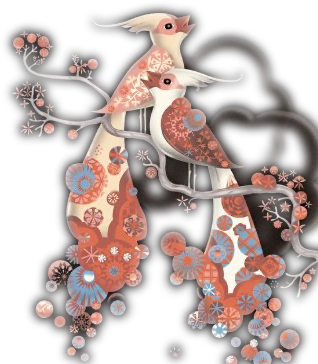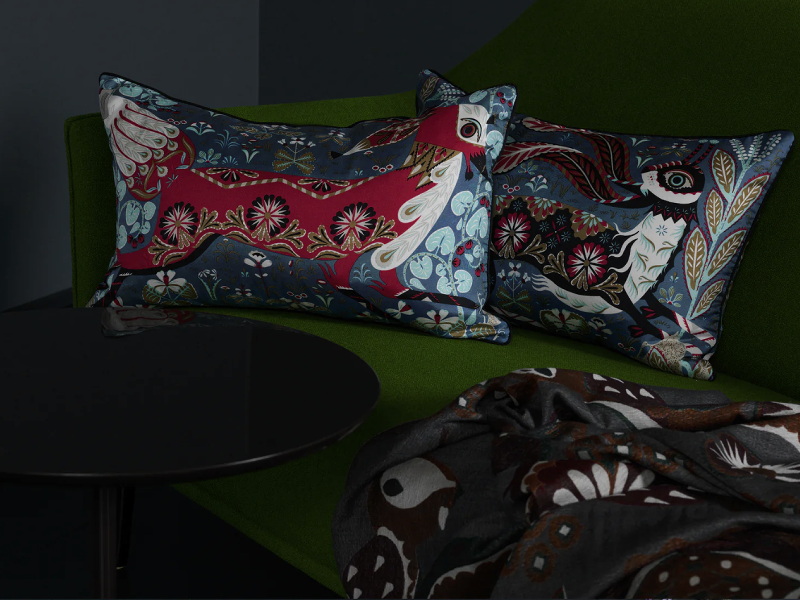Creative team
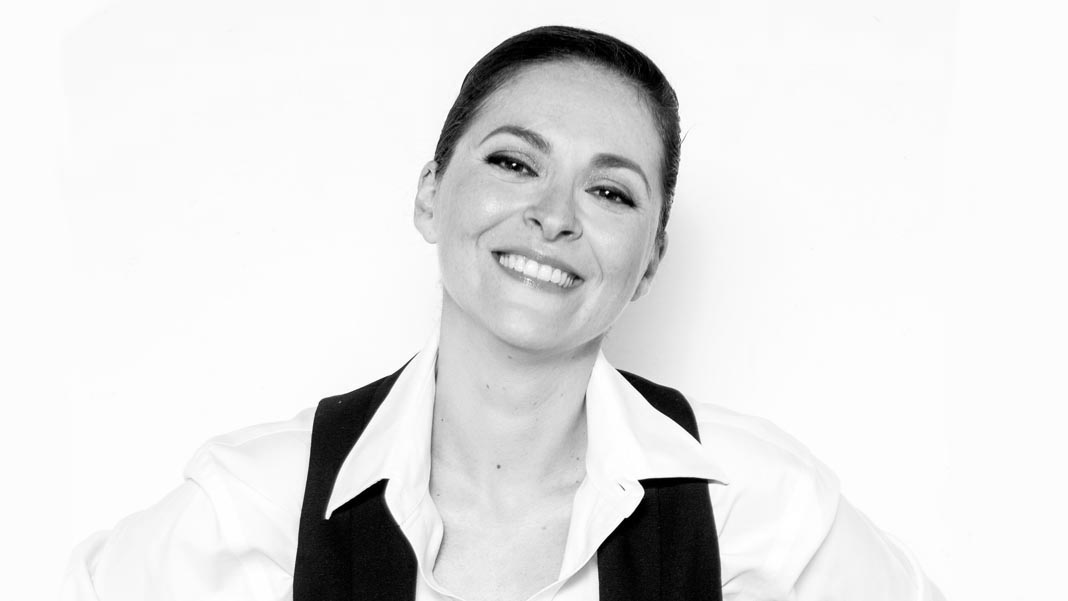
Olga Heikkilä - Philomela, Artistic Director
Finnish soprano with major debuts at San Francisco Opera, The Metropolitan Opera (2026), La Monnaie, Staatsoper Stuttgart & Berlin, ROH London, and other leading houses. Known for roles spanning baroque to contemporary opera and acclaimed collaborations with directors such as Kasper Holten, Simon Stone, and Nicola Raab.
Olga Heikkilä website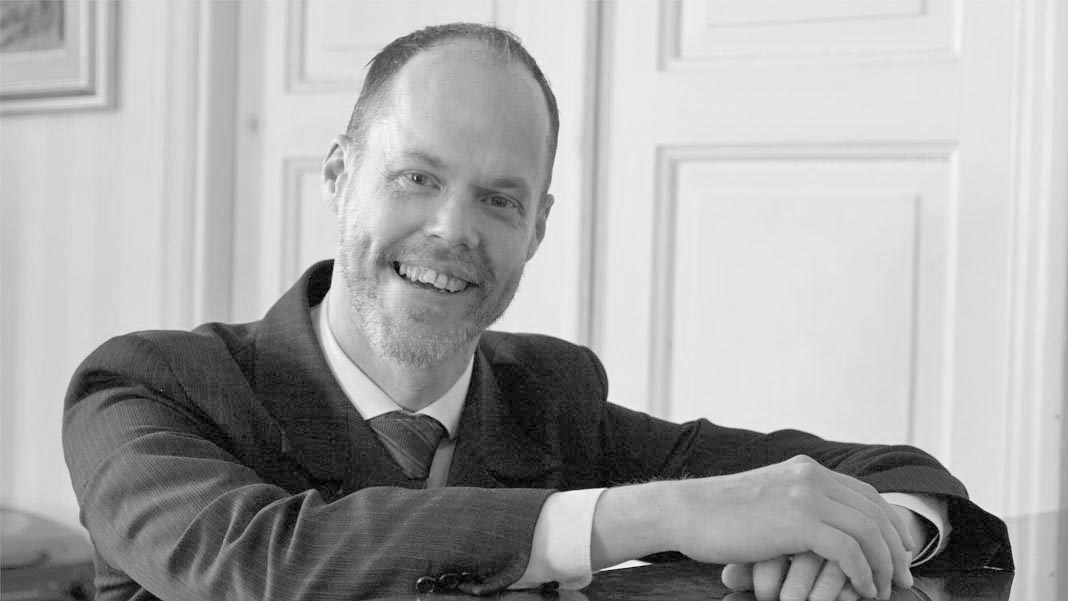
Uljas Pulkkis - Composer
One of Finland’s leading contemporary opera composers. Ten operas premiered internationally. Known for rich orchestration, melodic expressiveness, and innovative timbral work. Doctoral decree in psychoacoustics in orchestration (Sibelius Academy of music).
Examples of Pulkkis's operas
Tove Teuvalla (Opera about Tove Jansson in Finnish) 2024: Tove Teuvalla
All the Truths We Cannot See (Opera about Chernobyl accident in English) 2021: All the Truths We Cannot See
I väntan på en jordbävning (Waiting for the earthquake, opera in Swedish about foreign in Japan) 2019: I väntan på en jordbävning
Uljas Pulkkis website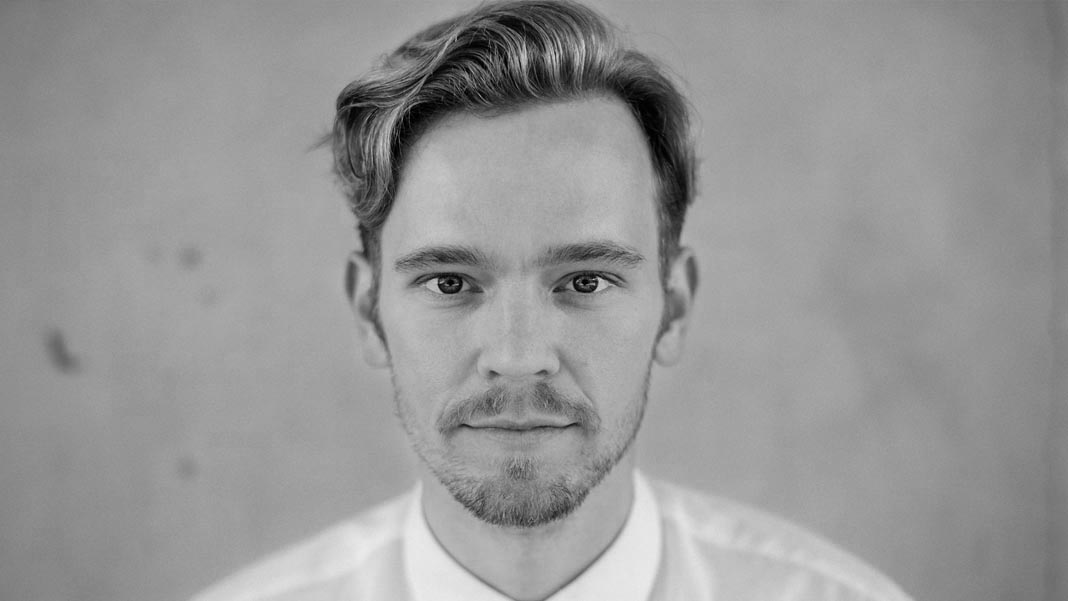
Simon Jensen - Librettist, Actor
German-Swedish actor, writer, and director with engagements at Thalia Theater, Volksbühne Berlin, and Burgtheater Vienna. Theatre prize nominations and extensive stage, film, and opera experience.
Simon Jensen website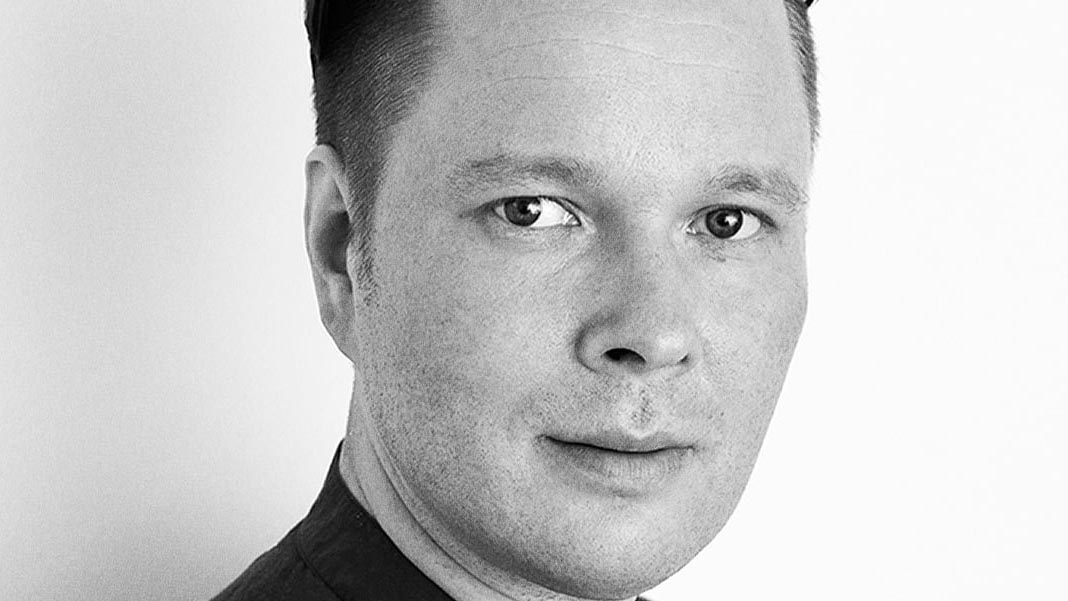
Klaus Haapaniemi - Set and costume designer
Internationally celebrated artist and designer. Exhibited worldwide; recipient of Finland’s State Design Prize (2018). Renowned for narrative-driven visual worlds across fashion, performance, and opera.
Klaus Haapaniemi website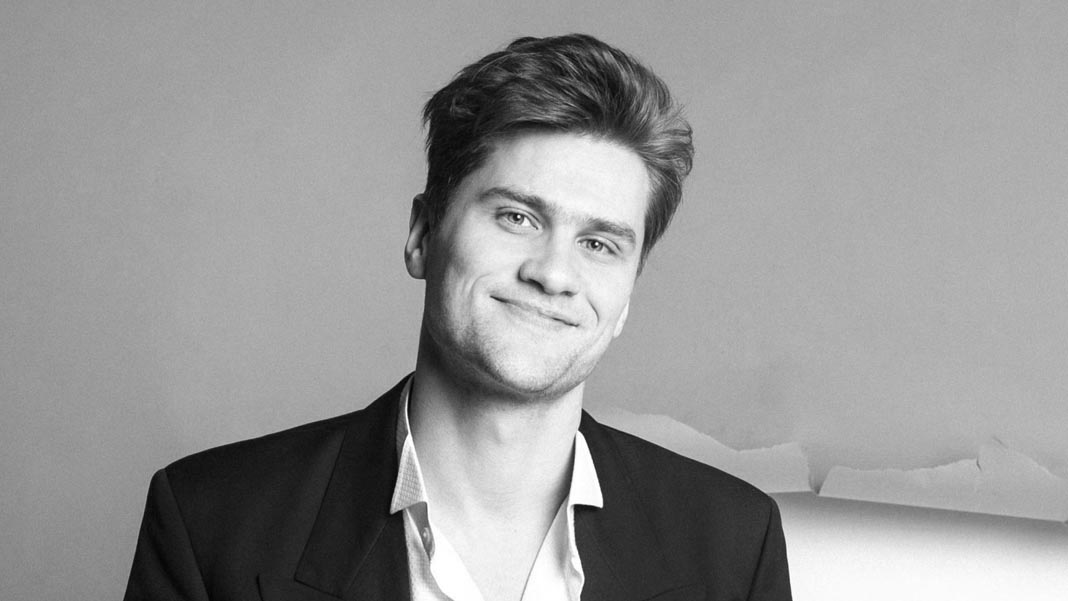
Bjarni Frímann Bjarnson - Conductor
Conductor Bjarni Frímann Bjarnason is among the most versatile and gifted artists of his generation. He won the Brightest Prospect award at the Icelandic Music awards 2016.
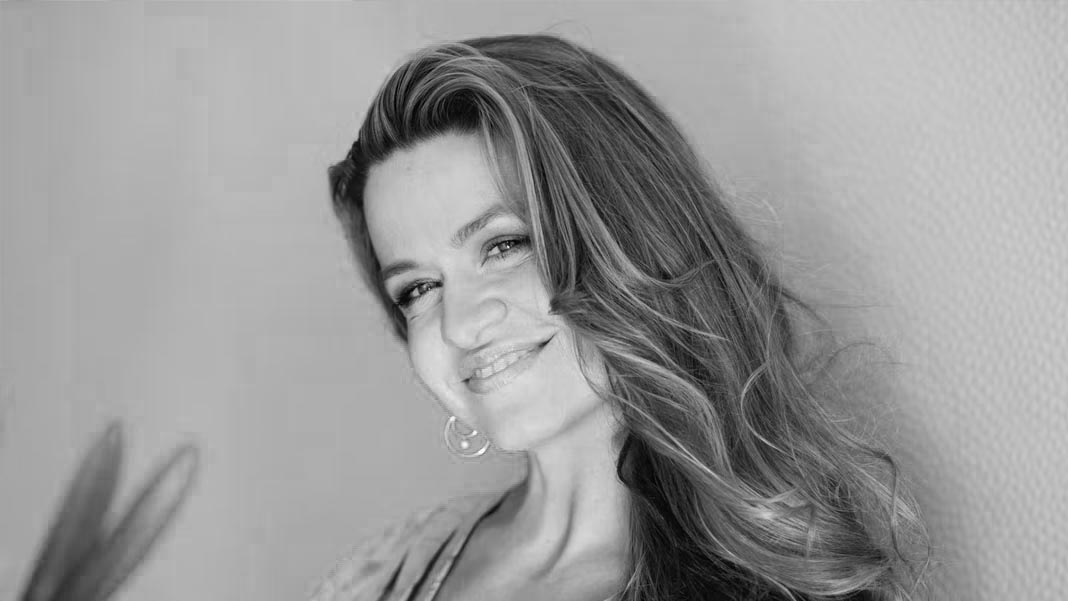
Johanne Højlund - Procne
Acclaimed Danish mezzo- and soprano with performances at the Royal Danish Opera, Norwegian Opera, and major Nordic orchestras. Recipient of several prestigious music awards.
Johanne Højlund website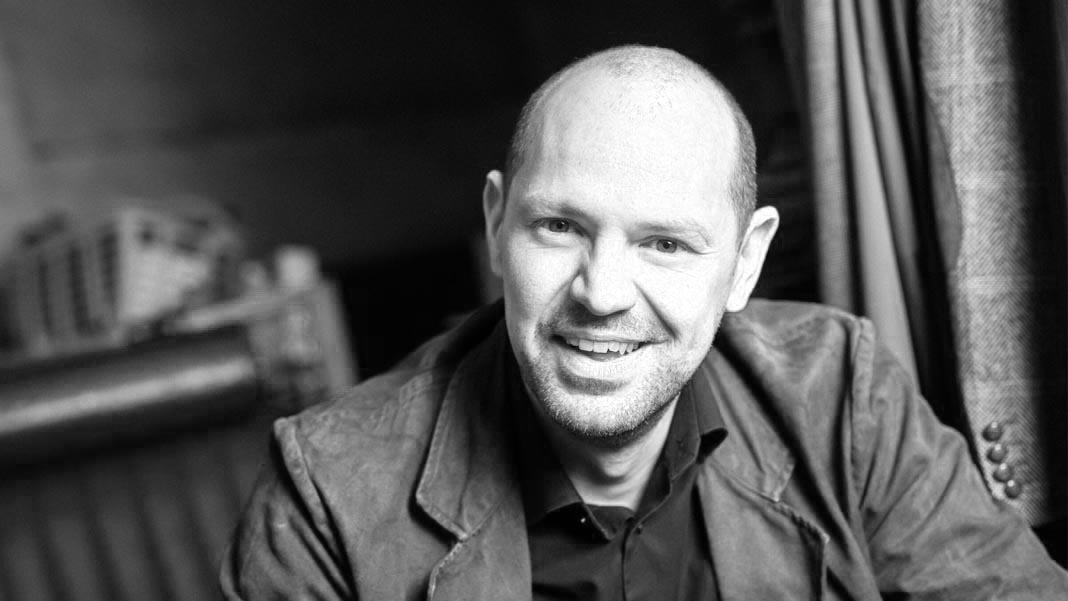
Johannes Held - Tereus
German baritone with international roles across major houses and renowned for his over 200 Lied recitals, celebrated interpretations of Schubert and Mahler, and broad operatic repertoire.
Johanns Held website
